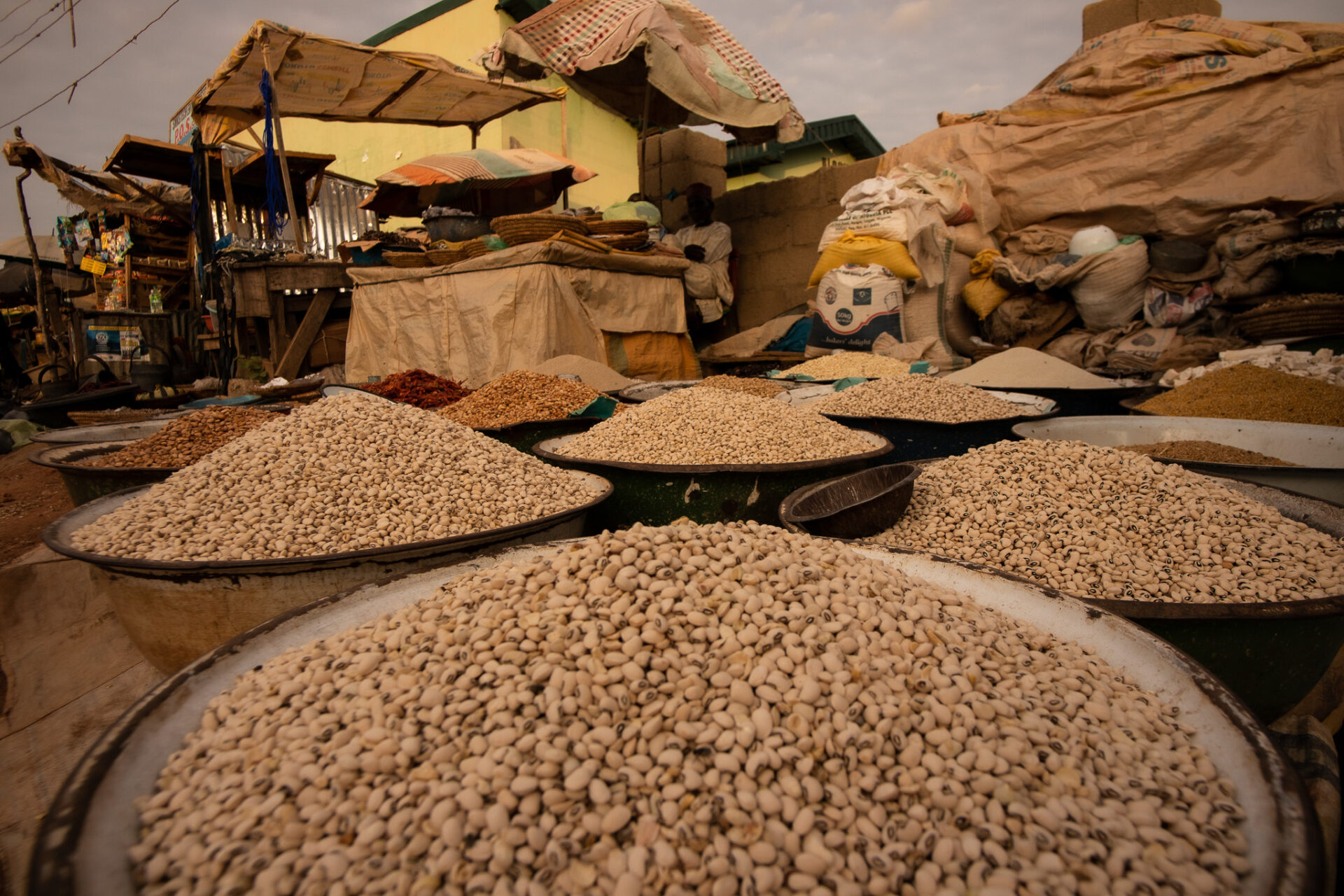TAMALE, Ghana. (16 December 2024) – A new study by researchers from the Alliance for Cowpea Improvement in Africa (ACIA) has unveiled promising early results from an innovation in cowpea development aimed at reducing post-harvest losses caused by one of the crop’s most damaging storage pests – the cowpea weevil.
Published in Frontiers in Plant Science, the research presents a sustainable and practical solution to reduce storage losses and improve food security and livelihoods for smallholder farmers and rural communities across sub-Saharan Africa.
Cowpea, a highly nutritious and drought-tolerant legume, is a critical protein source for millions of people across sub-Saharan Africa. However, storage pests, particularly the cowpea weevil – a type of bruchid beetle – can destroy up to 100 percent of untreated cowpea within six months of storage.
Currently, farmers rely heavily on chemical pesticides and specialized storage methods to mitigate these losses, but these solutions are costly, may pose health and environmental risks, and are often inaccessible to smallholder farmers, which limits their take-up and effectiveness, especially in poorer communities.
The new study by ACIA researchers tested a new cowpea line which expresses a starch-blocking protein in the seed. Several insects, especially bruchid beetles that feed on seeds during larval stages, depend on starches for survival. The starch-blocking protein – also found in safe-to-eat foods, such as fava beans, chickpeas, and soybeans – disrupts the digestive system of the cowpea weevil, preventing its development and stopping the issue at source.
Seed storage trials conducted in Ghana and Nigeria demonstrated complete suppression of cowpea weevil development over a four-month period of the post-harvest study. The new cowpea line also displayed comparable agronomic performance to conventional varieties in growth, yield, and plant health.
The paper’s lead author was Jerry A. Nboyine of Council for Scientific and Industrial Research, Savanna Agricultural Research Institute (Ghana), with additional contributions from ACIA partners at the Institute for Agricultural Research, Ahmadu Bello University (Nigeria), the Commonwealth Scientific and Industrial Research Organisation (Australia) and the Donald Danforth Plant Science Center (United States).
The findings of the study represent an important step toward meeting the urgent and neglected needs of African smallholder farmers who, despite producing 70 percent of Africa’s food supply, often lack access to the productive resources they need to thrive.
About the Alliance for Cowpea Improvement in Africa (ACIA)
The Alliance for Cowpea Improvement in Africa (ACIA) is an Africa-focused agricultural research partnership embracing the many challenges and opportunities of cowpea production and consumption. More information is available at Alliance for Cowpea.
